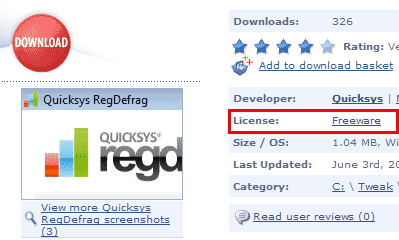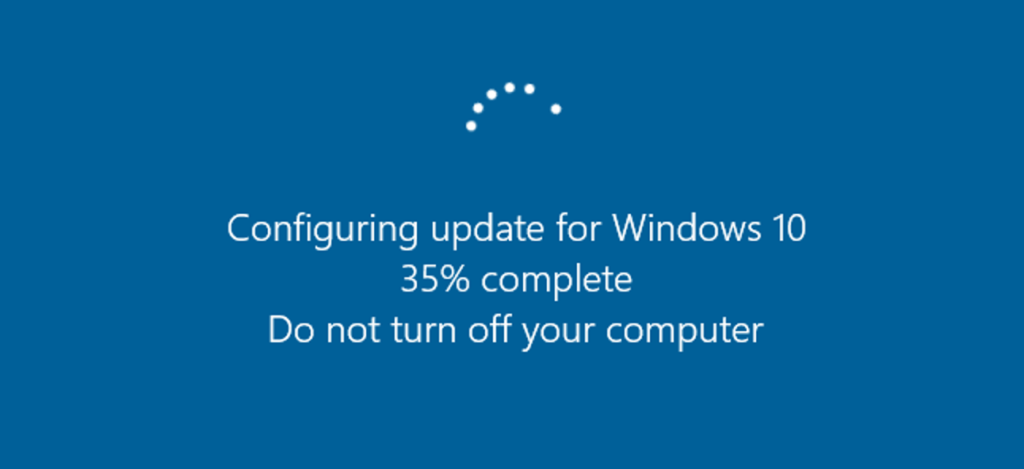There are many internet use risks, including hackers stealing personal data and credit card numbers. These intruders can also spread spyware or other malicious software that can damage your operating system. These dangers are increasingly likely due to hackers’ advanced methods of penetrating users’ systems. You should be aware of this whenever you use the Internet. By following antispyware tips, you can keep your device safe from dangerous threats like spyware.
What Is Spyware?
Spyware is a form of malicious software that gathers information from infected computers or mobile phones. This term is an amalgamation of “spying software” terms – it describes the programs that access private details without the user’s knowledge, such as location, activity hours, installed programs, PC configuration, OS version, and installed updates. Spyware typically spreads by attaching to a computer’s operating system or by recording keystrokes performed by the user.
7 Tips to avoid a spyware attack
These safety tips are based on what hackers usually do in other cyber attacks. Whether or not to implement them is up to you.
1. Disable the USB autorun feature
When a USB cable is connected to your device, a pop-up window allows you to view files or folders. Additionally, the auto-start feature is activated on your device by default. However, this can allow malicious software like worms, trojans and spyware to infect your device under the guise of a document.
2. Be wary of freeware
There are plenty of freeware available online; however, some of them contain malware.Such malicious content can spread spyware or infect your device with other pests. Consequently, it’s best to thoroughly examine whatever program you plan to download or install on your device.

3. Never download attachments in emails from unknown or unsolicited senders
When you receive a letter from an unknown source, it is likely trying to gain your trust. These letters often contain links or attachments that can install malicious software on your computer or reveal confidential information. If you receive a letter from a reputable business or bank, you can confirm its contents by contacting the appropriate person at the company. Always check the URL of a link you’ve clicked on. It’s also wise to take precautions to avoid unnecessary problems in the future.
4. Keep OS and other software up-to-date
Hackers create new methods of accessing computers through security flaws. Therefore, keeping up to date with software and operating systems is crucial for computer safety. Outdated software can contain a large number of vulnerabilities, which hackers can use to install spyware.

5. Beware of pop-up ads
Avoid such content as much as possible. These seemingly harmless banners and pop-up windows can hurt you and your device. You might think it would hurt you to see them on your screen. But you don’t. Only by clicking on links, attachments, or sites attached to this banner will you be able to move to malicious content. All you need to do is ignore these messages. You can also disable this feature on your PC. To do this, in the top corner of the window, right-click “Close”. If you see the “Close” or “Cancel” buttons on pop-ups, do not click on them. This is a hacker’s trick, don’t fall for it. One way to solve the pop-up problem is to use a browser ad blocker. But, sometimes, it happens that for some sites, this feature is necessary for specific tasks. So you can not use a blocker for them.

Unwanted pop-ups may flood all your screen
6. Be careful what you install on your mobile device
To avoid falling victim to spyware, it does not install third-party software. The applications you should use are available through official channels such as Google Play or App Store. Otherwise, use apps that a trusted developer develops. Always check the app’s permissions when installing it. Many apps request permission to use your gallery or access your phone’s GPS. If the app requests permissions that seem strange, stop the installation and completely abandon the application.
7. Use a multilayered antivirus solution
Since hackers are improving their penetration skills, we can conclude that we need more robust protection from this. All the above steps are part of how you can maintain the integrity of your privacy and security for your PC.
 Is a real RED light for the different kinds of spyware
Is a real RED light for the different kinds of spyware
So the best thing you can do is to install strong protection from malware. We developed Loaris Trojan Remover to protect their users or their devices from unwanted advertisements, viruses, trojans, advertising software, etc. With Trojan Remover, you won’t be afraid to install or upload anything to your device, as the program will scan everything that comes out and enters your PC.